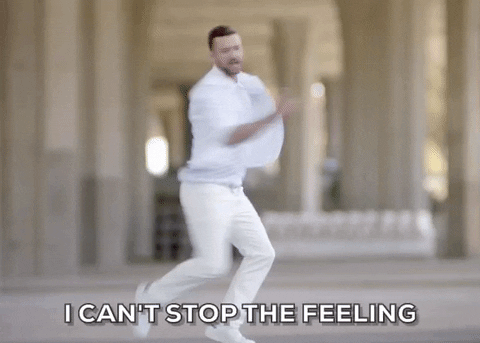We all have so much going on in our lives, so let me distill the research on wellbeing for you. Think of these quick bits as a personal apothecary that you can read, refer back to, and even send to a friend or loved one who might need a dose of practical, actionable strategies that are life-enhancing and resilience-building.
Here are this month’s positive prescriptions:

If you don’t want to be underwhelmed by pleasure, don’t overwhelm yourself with distractions.

According to new research published in the Journal of Personality and Social Psychology, distraction dilutes enjoyment, leading to overindulgence later on. Participants in the study entitled Underwhelming pleasures: Toward a self-regulatory account of hedonic compensation and overconsumption were asked how much they expected to enjoy their lunch before eating it. They were then asked to eat their lunch under one of three conditions: no distraction, moderate distraction (watching a video) and high distraction (playing Tetris). Afterwards, they reported on their actual enjoyment, satisfaction, and desire to eat more. They also reported on their snacking later in the day. Participants who ate while distracted enjoyed their lunch less and felt less satisfied, which was associated with greater snacking later on. The researchers termed this behavior “hedonic compensation” which they theorize applies to other activities beyond eating. For example, people who are distracted while watching a movie or playing a game may be more likely to engage in additional consumption (e.g., checking social media) to compensate for a diminished enjoyment of the original activity.
As the old saying goes, there are shortcuts to happiness and dancing is one of them.

Moods dictate how we move. When we’re happy, we tend to walk with a spring in our step and when we’re unhappy, our movements are more restricted. But does the reverse work too? Does how we move impact our mood? A study published in The British Journal of Psychology found that practicing a happy dance boosted participants’ mood and motivation. If you’ve hit a wall at work, it just might be time to get up and dance. Need inspiration? Follow Justin Neto on Instagram. Of course everyone in his class is smiling.
If you want to improve your mood, go outside and listen to birds. Yes, you read that correctly.

We often hear about skyrocketing stress levels in college students. A new study finds that birdwatching is a particularly effective tool to help them keep calm and carry on. Students who got into birding reported improved wellbeing and lower distress than those who did not. Five 30-minute bird-watching sessions was all it took. Related research has found that hearing birdsong can have a sustained positive impact on one’s mood. On those days when you just don’t feel like exercising, the simple act of going outside can give you a lift. Just be sure to leave your headphones at home. The podcast can wait.
Respecting our children’s autonomy improves the chances of them actually listening to us.

If you have a teenager and get a lot of eyerolls, this new study from UC Riverside might be of interest. When parents offer unsolicited advice (I know, I know … sometimes we just can’t help ourselves!) and it’s delivered in a way that promotes independence and respects their autonomy, our kids are more likely to take it to heart. So instead of saying “I don’t think you should play video games because you should study,” try “What’s your plan for this afternoon? You mentioned yesterday that you wanted to get a head start studying for your math test.” See the difference? If we want our children to take our advice, avoid finger wagging or “shoulding.”
I wish you all the best,
Dr. Samantha Boardman






